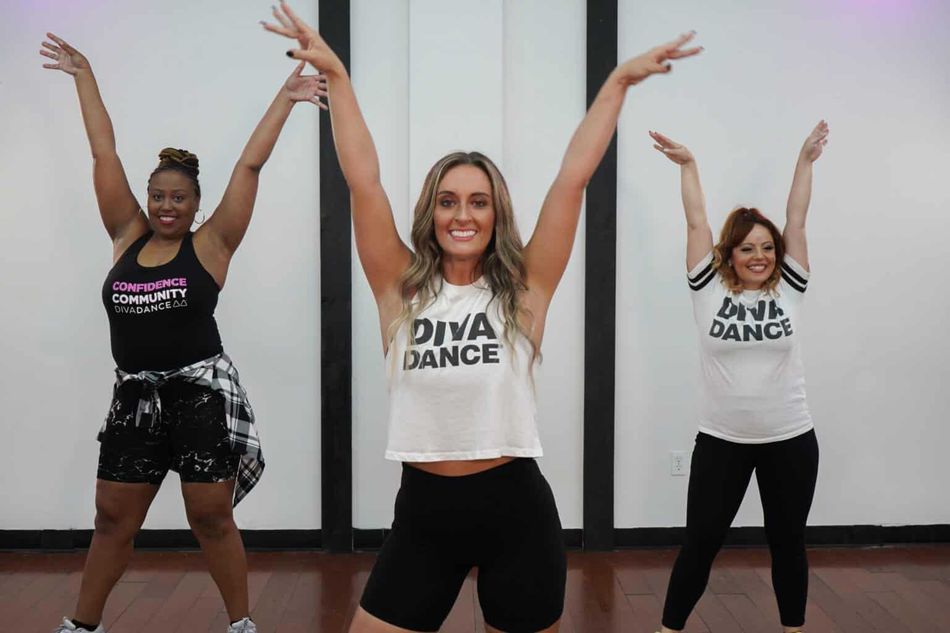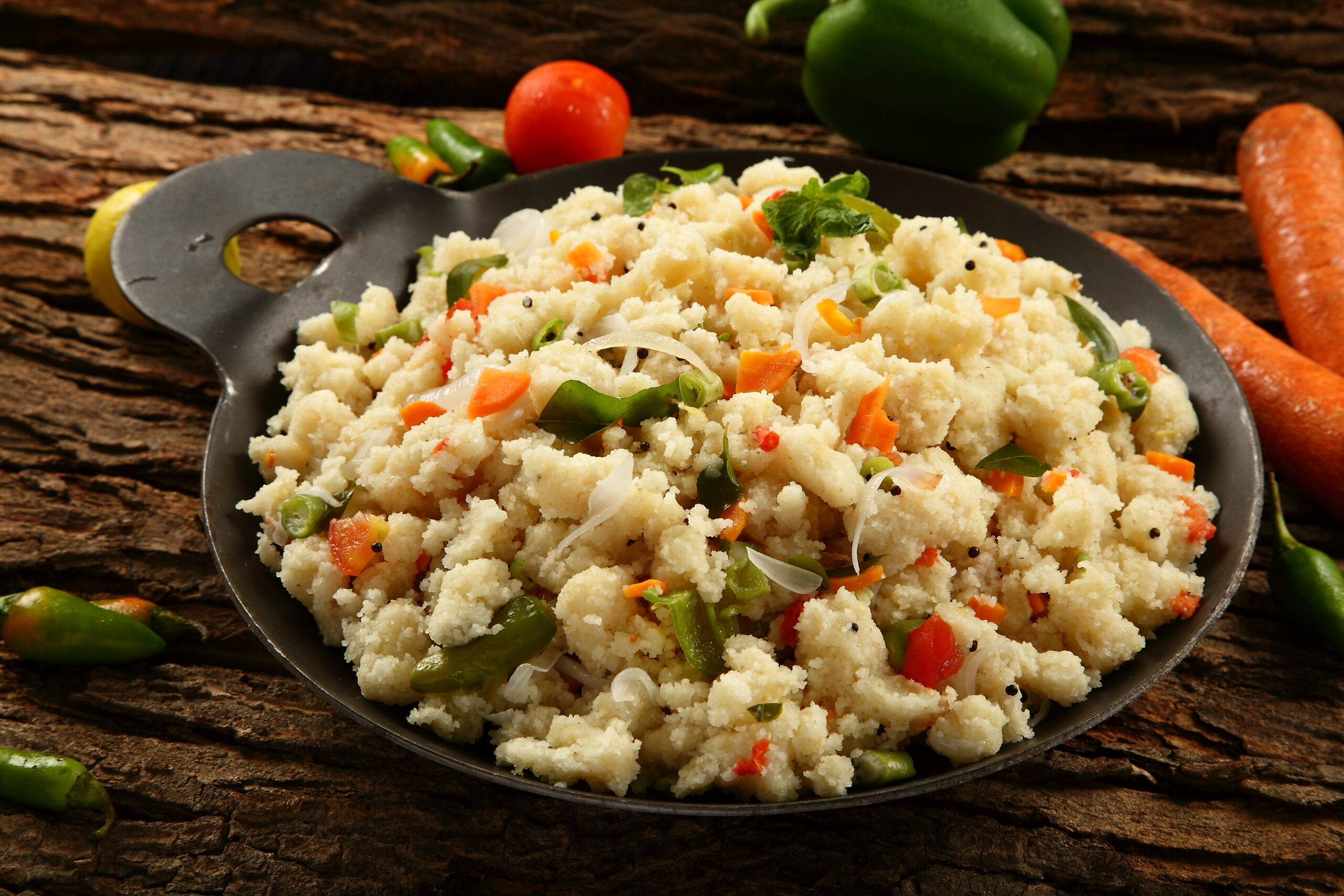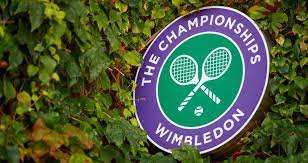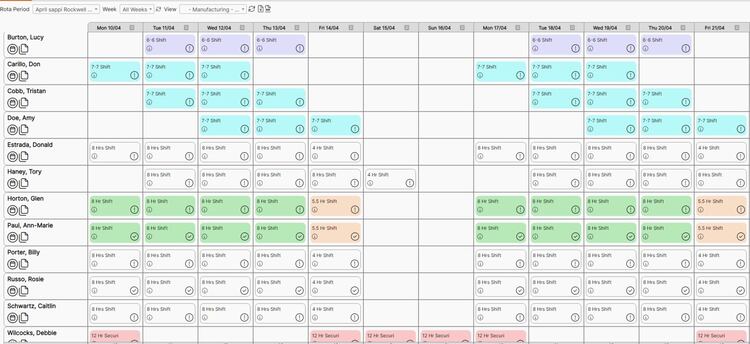Five Tips That Will Help You Become a Good Dancer as an Adult

Being a late beginner can present inherent advantages. Late beginners have greater strength and dedication than younger students. But, there are also pitfalls that you should be aware of in becoming a skilled dancer as an adult.
Positive attitude
While you may feel discouraged when others notice your lack of experience, remember that you’re not in this alone. Remember that Rome wasn’t built in a day, so you can’t expect to become a professional dancer overnight. Instead, focus on honing your skills and building confidence. Remember that dance is supposed to be fun! If you’re new to the art form, taking beginner adult dance lessons can be very helpful. At the same time, your attitude can make a huge difference. While many people begin early, it can take time for young dancers to develop a love for dancing. Our mental state is influenced by how we physically hold ourselves. Standing confidently leads to additional confidence.
Flexibility
There are many reasons why you should exercise your flexibility. For example, a good hip and leg stretch is crucial for middle splits and turnouts. However, dedicated stretching sessions aren’t the only way to improve flexibility. Many people benefit from other types of exercise, such as dancing or pilates. Resistance bands can also help you gain flexibility. Yoga, tai chi, and pilates are the top three exercise styles for improving flexibility. Pay attention to the pattern of these movements and feel for areas where you’re straining or strengthening.
To benefit from a stretching routine, focus on proper technique. Avoid bouncing into stretches – doing so can put pressure on your tendons and prevent you from reaching your full performance potential. Similarly, don’t hold your breath during stretches – you’ll tire your muscles and risk injury. Instead, sink into stretches by observing your breath rhythm. Most stretches should be performed with a neutral spine.
Confidence
In dancing, self-confidence is a key factor. Your self-confidence will determine the task at hand and the level of success you expect. Unfortunately, confidence is a fragile emotion and can be easily lost or gained. However, if you don’t have it or lack it, you can still be a great dancer.
Being confident helps you learn the skills necessary to be a good dancer, regardless of your age. In addition, dance coaches and teachers are typically meticulous in their work and won’t tolerate sloppiness.
Passion
If you start dancing late, don’t get discouraged. It’s possible to become a top dancer even if you have little experience. It’s important to remember that Rome wasn’t built in a day, so you have to have patience and focus on improving and don’t let fear hold you back.
Although the technique is important, a great dancer’s passion makes them great. A good dancer isn’t a professional because of her technique. She became a star because of her passion. Passion is a quality that cannot be taught, but it’s a natural characteristic of a dancer. It is the quality that makes each dancer unique and different.
Choosing a style of dancing
There are many different dance styles available, and it can be unclear to decide what to take up first. Whether you like to dance to rock music or prefer more classical forms, there are styles to suit you. For instance, if you are a shy person, a style that involves kicking your legs and twirling around will probably not be right for you. In the same vein, if you’re a music lover, you might want to stay away from Israeli folk dance.
Ballet is a popular choice because it is structured and requires a lot of posture and strength. The style is best suited to young children, but most ballerinas opt to learn a fusion of ballet and country dances after their traditional ballet training. Ballet teaches discipline and fun in a structured environment, preparing you for more modern styles. On the other hand, country dancing is often characterized by foot movements and traveling steps.



































